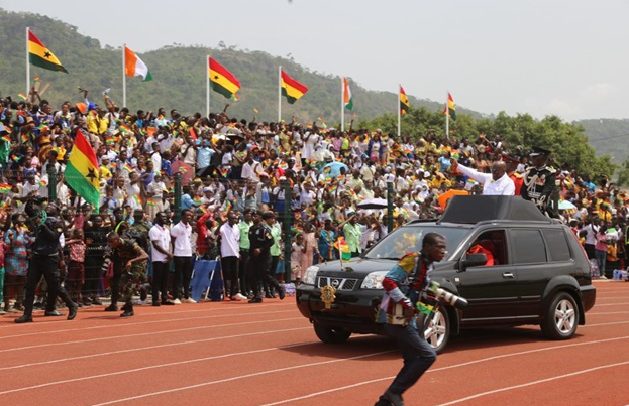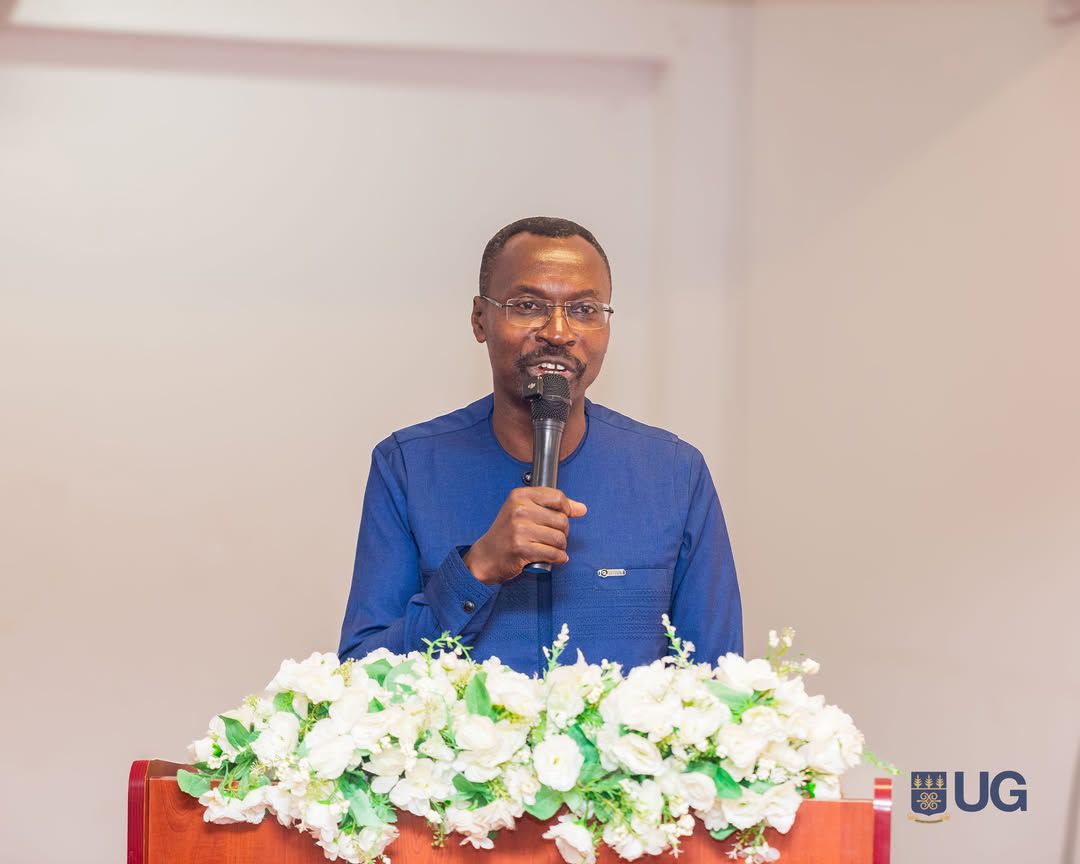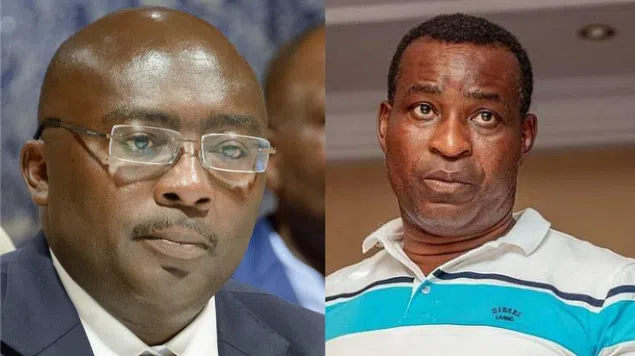
A recent report by the Daily Graphic has drawn attention to a problem that has become an inescapable part of everyday life for motorists and commuters alike, which is the proliferation of potholes and dangerous gullies across major roads in the capital, Accra. This is about the failure of leadership at multiple levels.
The report highlights key trouble spots, notably the Dr. Busia Highway stretching from Kaneshie First Light to Kasoa, the roads forming part of the Mallam Interchange and various intersections including the Odorkor Traffic Light, Adabraka and the Central Business District (CMB) area. Other areas affected include the Accra-Tema Beach Road, Accra-Nsawam Road and portions of the road from the Tema Roundabout to Prampram Junction.
For a capital city, which should be a symbol of national pride and progress, such road conditions rather reflect poorly on our governance. The persistent traffic congestion on these deteriorated roads, worsened by seasonal rains has become a daily torment for Ghanaians. Vehicles are forced to swerve and shift dangerously as they avoid potholes, often leading to gridlocks that stretch for kilometres.
In some cases, such as near the Mallam Interchange, the potholes are so large and hazardous that only one lane of traffic can pass, causing backups all the way to Odorkor, during rush hours. It is appalling that in a city where millions depend on the road network for work, trade and essential services; such critical infrastructure is allowed to decay unchecked.
The human cost of this neglect is evident. Motorists have described the roads as “death traps.” Drivers unfamiliar with these stretches, particularly at night, risk plunging into potholes due to poor visibility. The absence of functioning streetlights along many of these roads compounds the danger. What is even more troubling is that good Samaritans, ordinary citizens, have taken it upon themselves to fill these potholes with stones, in a desperate attempt to prevent accidents. That this has become normalised speaks volumes about the failure of local and national authorities to maintain even the most basic road safety standards.
We must ask ourselves: Where is the Ministry of Roads and Highways? Where is the Accra Metropolitan Assembly in all of this? The silence of these institutions and the inaction of those charged with road maintenance are unacceptable.
Maintenance of roads should not only be reactive, waiting for public outcry before any patchwork is done, but should be part of a proactive, well-planned system of infrastructure management. Cities in other parts of the world, even those with comparable or fewer resources than Ghana, manage to keep their roads safe through routine maintenance and investment in durable materials. Why is Accra different?
The failure to address the road crisis is also costing the economy. Delays caused by traffic congestion directly reduce productivity, increase fuel consumption and damage vehicles, adding to the financial burden of individuals and businesses.
Additionally, the lack of functioning traffic lights and the poor regulation of traffic flow at major intersections like Weija Junction further exacerbate the crisis. Broken or poorly timed traffic lights create chaos, lead to avoidable delays and contribute to accidents.
It is important to emphasise that these problems are not caused solely by the rains, as officials sometimes suggest. Poor road design, low-quality construction materials, lack of supervision during construction, and the absence of proper drainage systems are the real culprits. Roads that are well-engineered and built to standard do not crumble after the first heavy rainfall. This points to a deeper culture of mediocrity and a disturbing tolerance for substandard public works.
Emergency road repairs must be carried out in the most affected areas. Streetlights and traffic signals must be fixed and properly maintained. Drain covers must be replaced with theft-proof alternatives. Contractors who deliver shoddy work must be blacklisted and prosecuted. And above all, there must be a comprehensive and publicly accountable road maintenance strategy that is not only funded but executed with precision and urgency.
The time for empty promises and blame-shifting is over. Our roads are in crisis and the people deserve better. We urge the government and relevant agencies to treat this matter with the seriousness it demands. If a capital city cannot guarantee the basic right of safe, passable roads for its citizens, what hope is there for the rest of the country?
We cannot build a prosperous Ghana on broken roads.
The post Editorial: We Cannot Build A Prosperous Ghana On Broken Roads appeared first on The Ghanaian Chronicle.
Read Full Story












Facebook
Twitter
Pinterest
Instagram
Google+
YouTube
LinkedIn
RSS